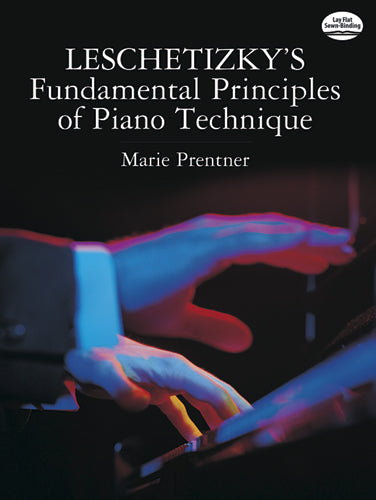
Dover Publications - 486
Leschetizky's Fundamental Principles of Piano Technique
Publisher: Dover Publications
Binding: Paperback
Dimensions: 8.38 in x 11 in
Pages: 96
Leschetizky's Fundamental Principles of Piano Technique
Juilliard Store
144 West 66th Street
New York NY 10023
United States
Choose options
Leschetizky's Fundamental Principles of Piano Technique
Juilliard Store
144 West 66th Street
New York NY 10023
United States
Leschetizky's Fundamental Principles of Piano Technique
Juilliard Store
144 West 66th Street
New York NY 10023
United States
Another of the great teacher’s prize students, Marie Prentner, recorded the principles and techniques of the celebrated Leschetizky Method. Authentic and complete in its presentation, Prenter's guide features numerous illustrations, exercises, and examples from piano literature. The two-part treatment begins with explanations of hand and finger positions and proceeds to discussions of the pianist’s touch, covering such topics as diatonic and chromatic scales; trills, chords, and arpeggios; double notes, thirds, and sixths; and octaves. The second part focuses on musical performance, offering advice on playing Bach and Handel, and explaining the fundamentals of rhythm, pedaling, melody, practice techniques, and musical culture.
Difficult to locate in the past, this legendary manual promises to assist and enlighten a new generation of students and teachers.
